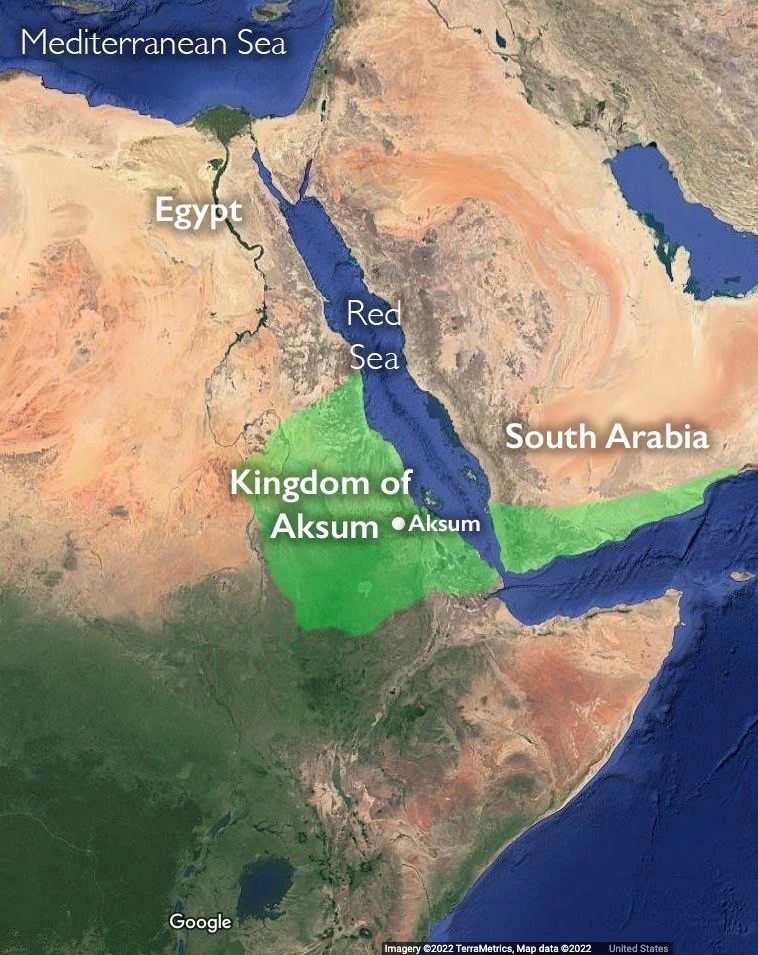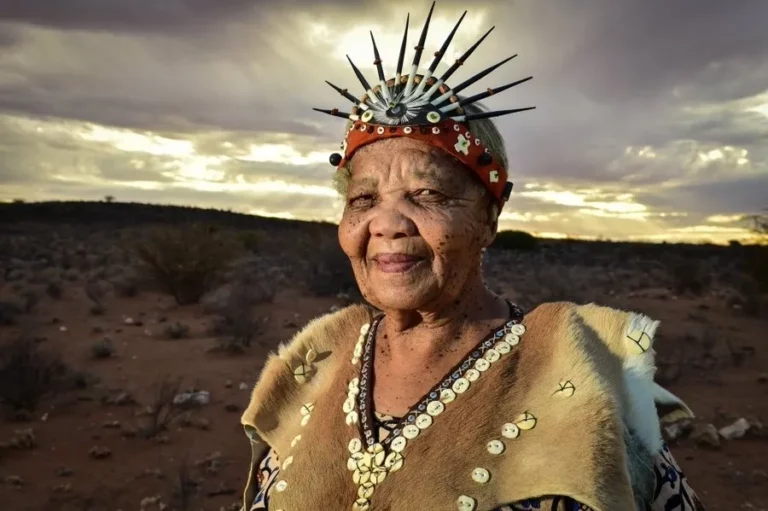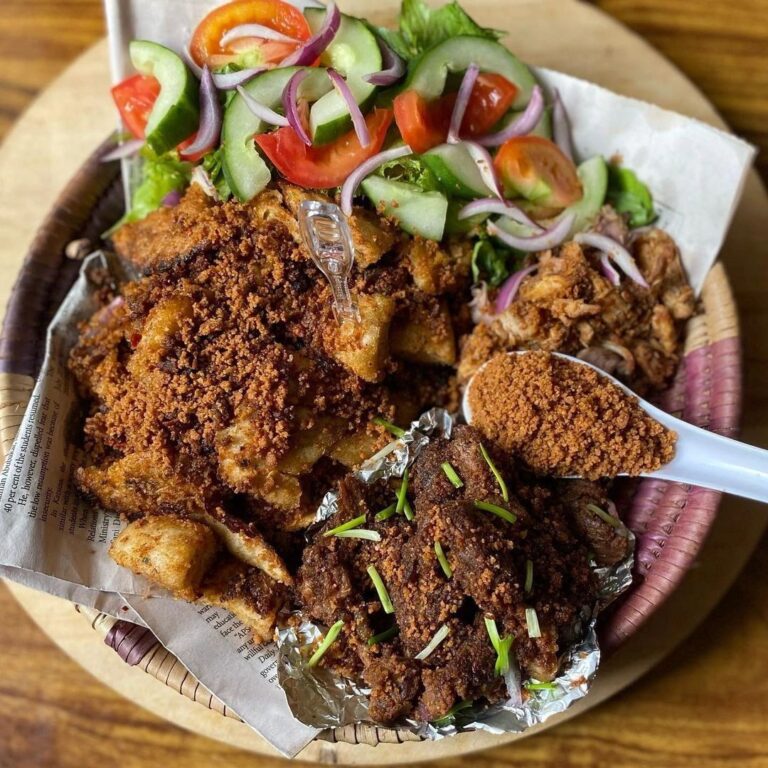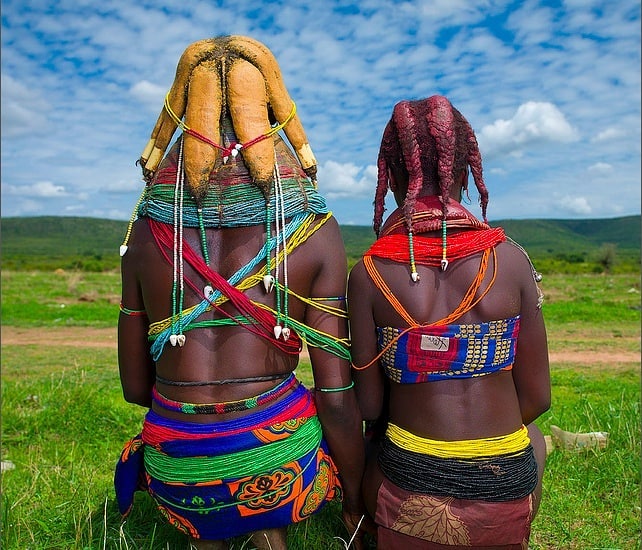5 African Countries under military rule
In recent months, Africa’s political environment has seen its fair share of challenges and transformations. A significant impact on the political landscape of many African nations is military rule. This is a type of governance in which the military is in charge. This can occur during a coup, when the military overthrows the civilian administration, or after a period of political instability when the military takes control of the government. Military coups have affected the course of administration and development across the continent, from the early years of independence to more modern times.
Here are five countries currently under military rule:
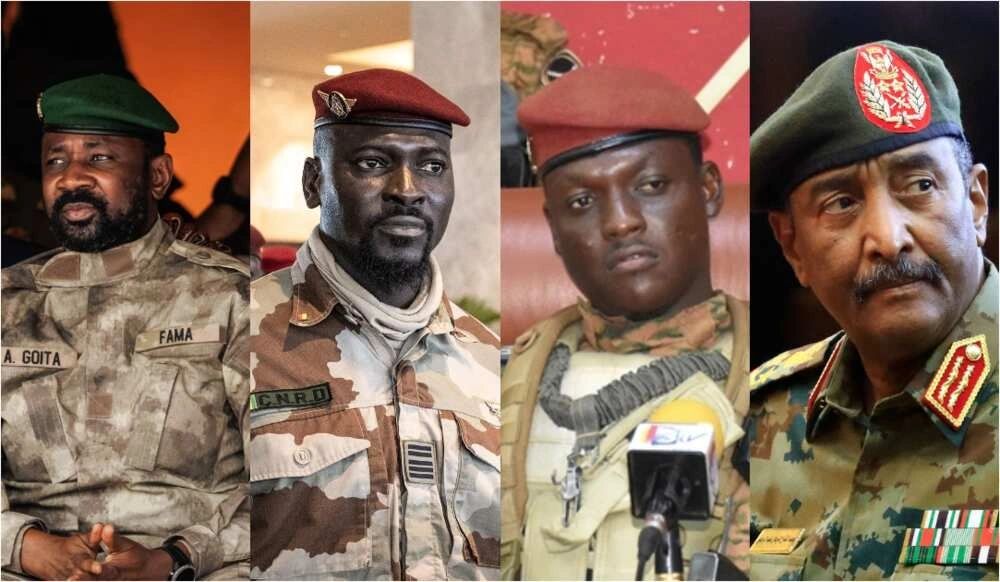
- Burkina Faso
Burkina Faso’s military seized power on January 24, 2022, citing neglect of security by former President Roch Marc Christian Kaboré, who was removed from office. The military junta accused Kaboré of corruption and mismanagement. Another coup occurred on September 30, led by Captain Ibrahim Traoré, who is 35 years old. He declared himself president due to the country’s deteriorating security situation.
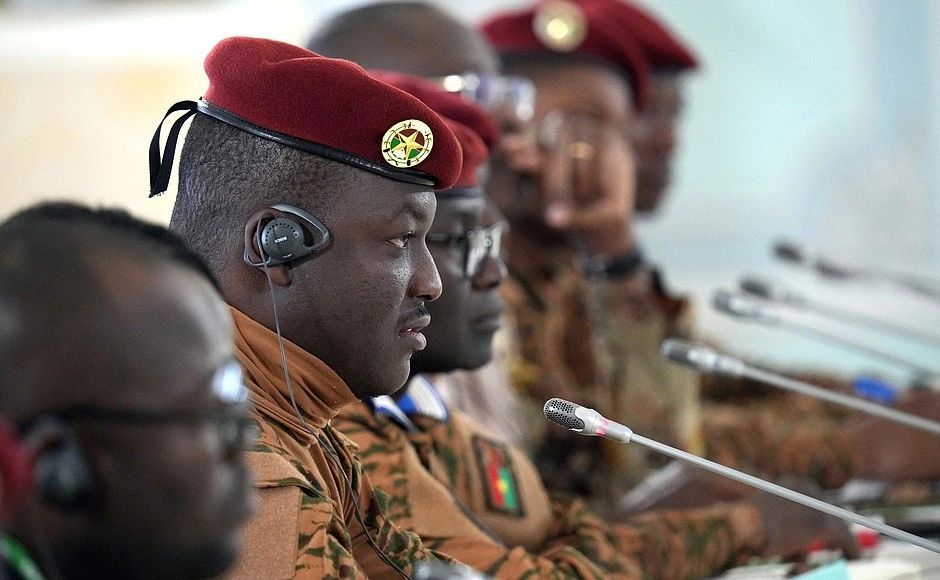
- Mali
In recent years, Mali has faced several military invasions that have led to instability and insecurity. In May 2021, the military detained President Bah N’Daw and Prime Minister Moctar Ouane, both of whom were appointed after a previous coup in 2020. The country’s security situation has been further aggravated by the rise of terrorist groups, taking advantage of the already fragile state of security in Mali. The interim president of Mali since May 2021 is 42-year-old Colonel Assimi Goita.
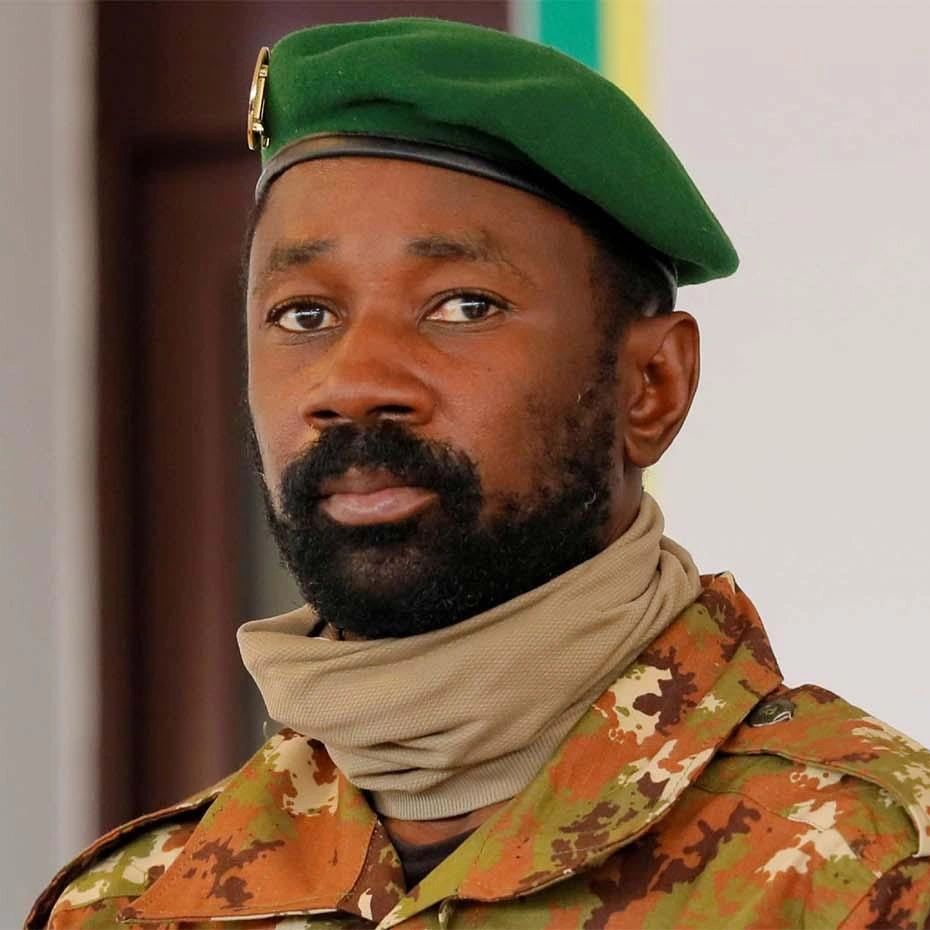
- Sudan
Sudan has a long history of political instability, and in October 2022, the country was once again placed under military rule after General Abdel Fattah al-Burhan led a coup. The transitional government was established after the previous President Omar al-Bashir was ousted in 2019 and was disbanded by the military. This has resulted in widespread protests across Sudan and condemnation from around the world. The people of Sudan are demanding the reinstatement of civilian authority and a return to democratic governance. General Abdel Fattah al-Burhan is 62.
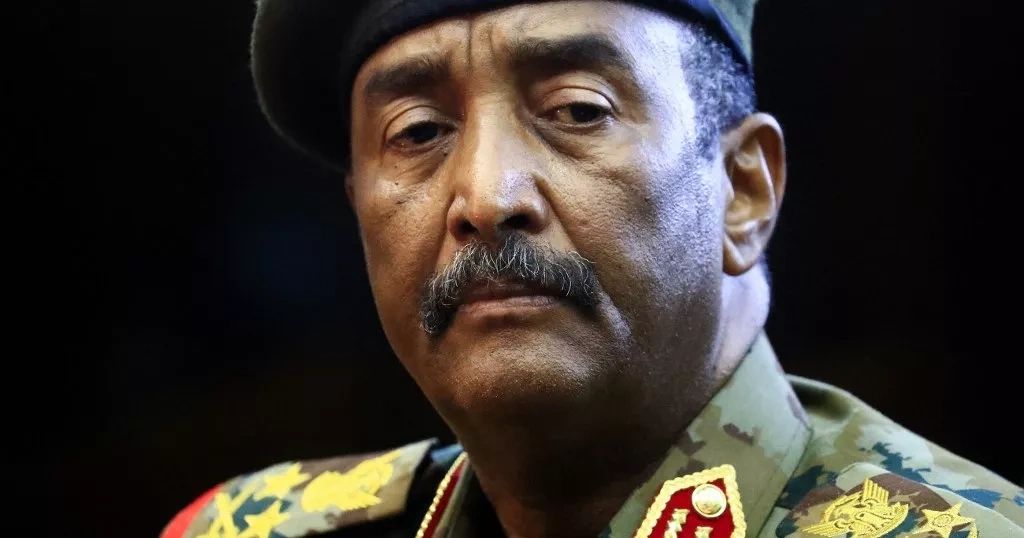
- Niger
In August 2023, rebellious soldiers in Niger overthrew the democratically elected administration of President Mohamed Bazoum, further contributing to the growing number of military governments in the Sahel region of West Africa and raising concerns about instability in the area. The region is witnessing an increase in violence from Islamic extremists, leading to a loss of faith in democratic governments. Military coups have followed a similar pattern, in which coup leaders accuse the government of failing to deliver on democratic promises. They pledge to establish a new democratic administration to address these shortcomings, but the process is often delayed. The coup leader is the 62-year-old General Tchiani.
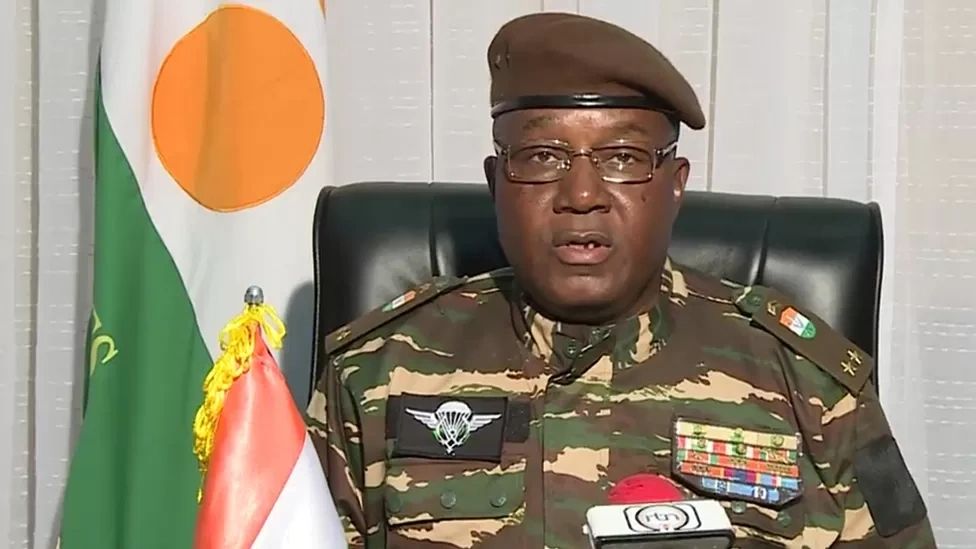
- Gabon
On August 30, 2023, a group of military soldiers in Gabon carried out a coup against the government, taking President Ali Bongo Ondimba into custody and placing him under house arrest. The coup was staged after President Ondimba was declared the winner of an election that would have extended his family’s 55-year rule. The coup leaders claimed that they acted in response to Gabon’s “serious economic and social crisis” and to oppose Bongo’s “authoritarian rule.” The news of the coup attempt caused crowds to gather in the streets of the capital to celebrate. However, the coup has been strongly criticized by the United Nations, the African Union, and other countries such as France, Nigeria, China, and the United States. The alleged coup leader, Brice Nguema is 49 years old.
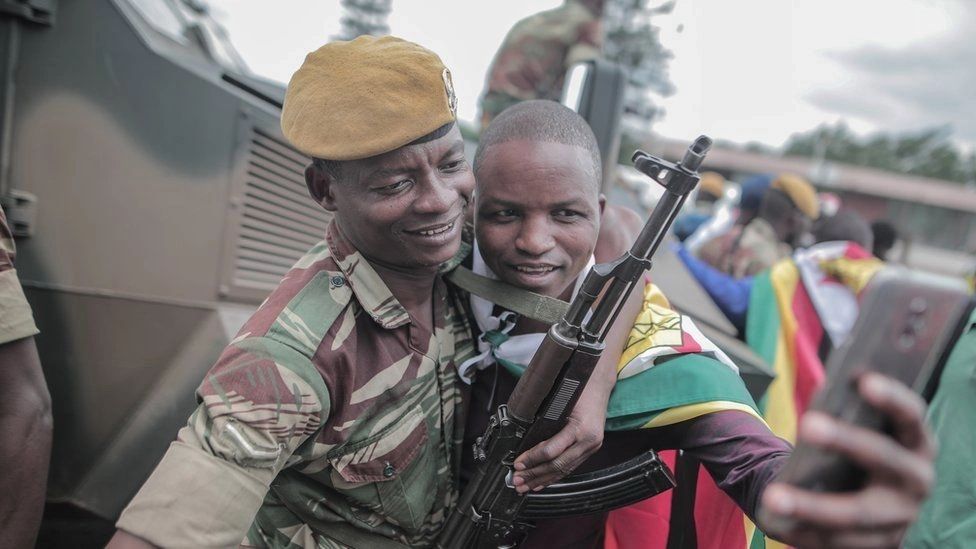
The occurrence of military coups in certain African countries is a cause for concern regarding democracy and governance in the continent. Although each situation differs, there are common factors such as dissatisfaction with the current leadership, accusations of corruption, and the military’s role as a stabilising force. However, military intervention often leads to violations of human rights, economic instability, and uncertainty for citizens. Ultimately, the objective should be to safeguard democratic values, human rights, and the rule of law, for African nations to achieve stability, prosperity, and inclusive governance.


